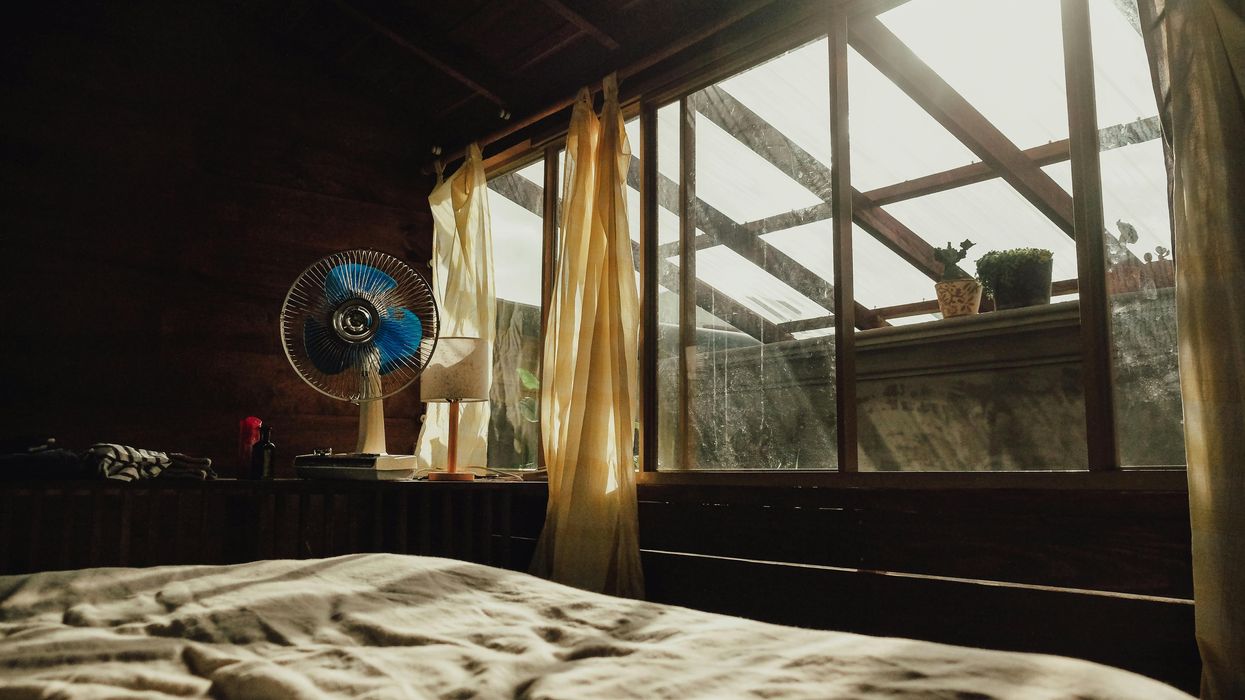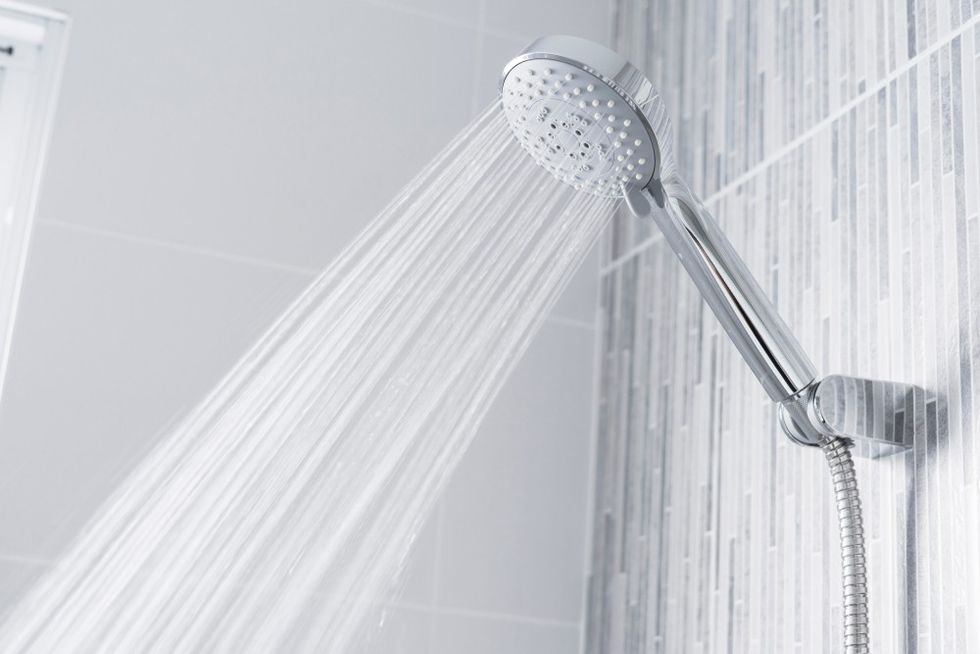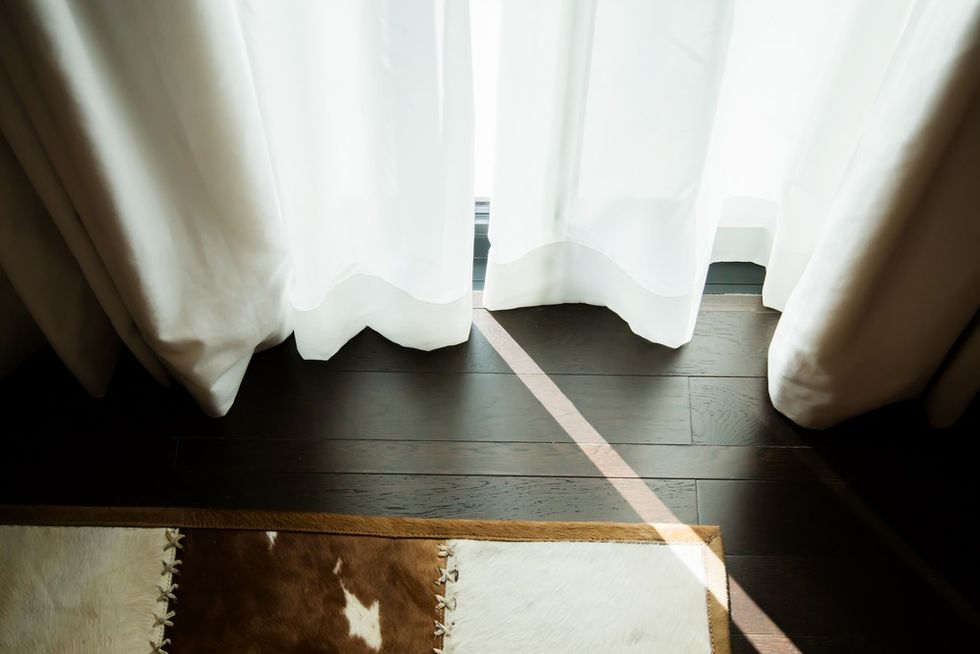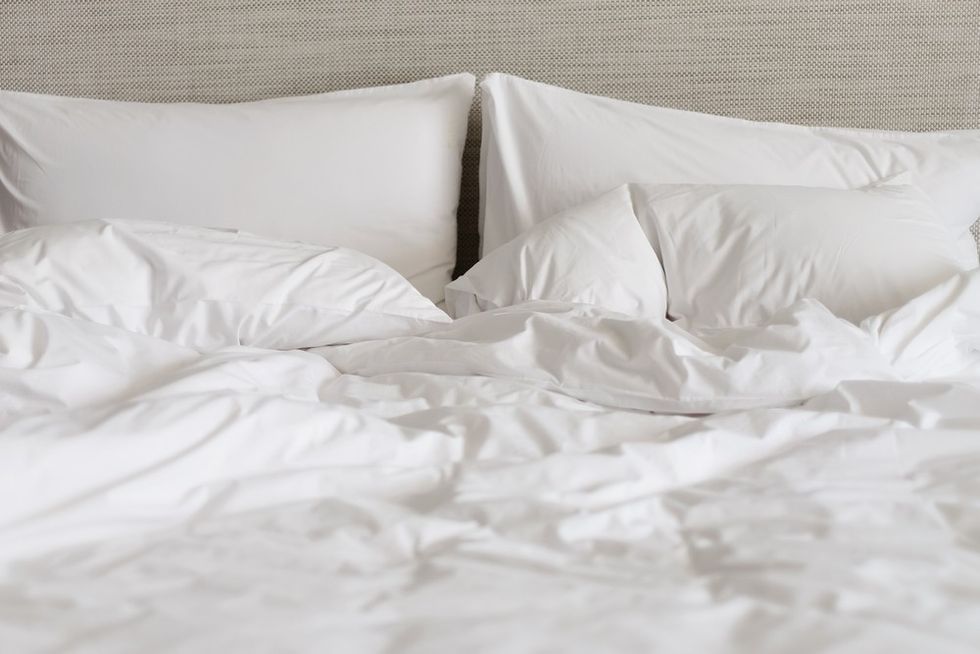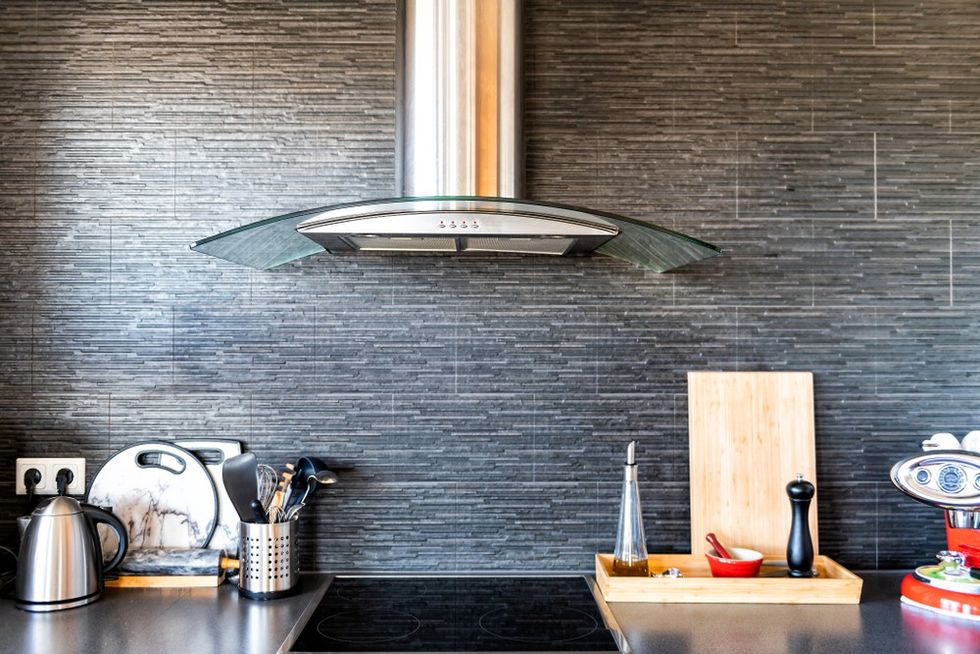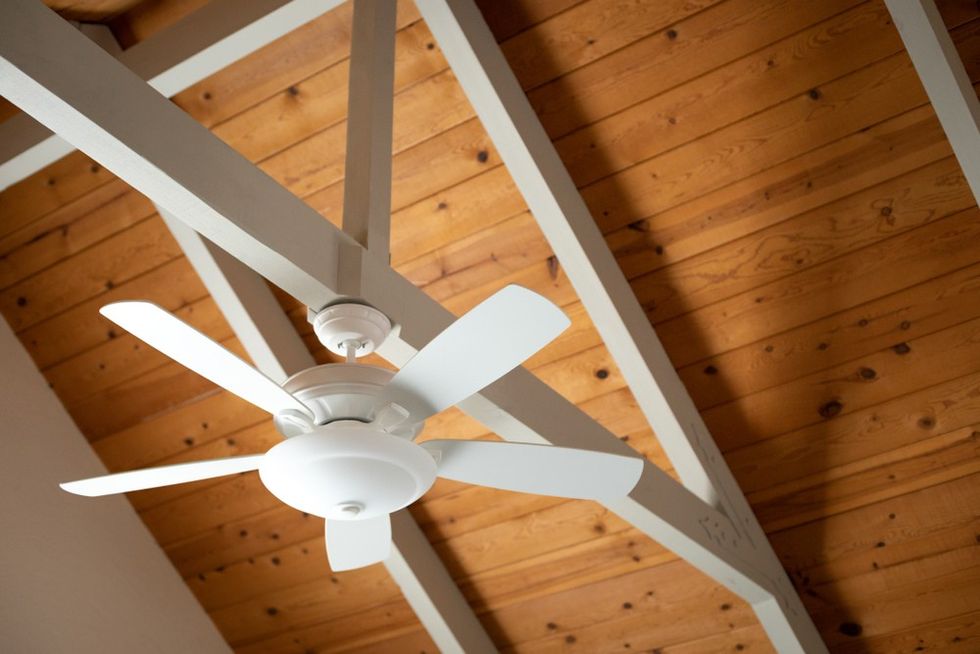Every summer, the inevitable heat wave or heat dome makes its way across large swaths of Canada, driving heat-averse Canadians to the nearest beach, splash pad, or ice cream stand, while others crank the AC.
And, while many Canadians are fortunate to have air conditioning in their condos and homes, not everyone has this luxury. In fact, only 64% of all households in Canada have air conditioning, according to the most recent Statistics Canada data from 2021 (up from 60% in 2017).
Sure, there are several ways to cool off in most urban centres, including cooling centres, wading pools, and public beaches and pools (depending on where you are in the country) but they're not always readily accessible.
Whether you live in an older house or happen to live in an apartment without air conditioning, it’s still possible to stay (relatively) cool during the hottest months. Read on for 13 great ways to keep you and your home cool without air conditioning.
Stay Hydrated
When you're feeling hot, the first – and easiest – step to cooling down is to drink water. Drinking water helps regulate your body temperature and keeps you hydrated.
Place Cold Cloths On Your Neck Or Wrists
Another great way to cool your body temperature is to place a cold cloth on your wrists or drape it around your neck. These pulse points are areas where blood vessels are close to the skin, so you'll cool down more quickly.
Create A Cross Breeze
Fans don’t necessarily make your home cooler since they essentially push around the hot air. But if you set up a cross breeze in your home using two fans, this could make you feel more comfortable in warmer temps. To create a cross breeze, set up two flows of air – one to blow cool air and one to pull away the hot air.
Take A Cool Shower Or Bath
When the heat becomes unbearable, try taking a cool shower or a bath as it they can help lower your core temperature.
Create A DIY ‘Air Conditioner’
Put your trays of ice cubes to good use! Fill a shallow pan or bowl with ice and place it in front of a fan. As the ice melts, the fan will pick up the cold water particles and blow them around the room, creating a cool mist.
Close The Doors Of Unused Rooms
If no one is using a room, be sure to close it off to keep any cool air circulating only in occupied areas of the house.
Close Your Curtains Or Blinds
It’s natural to hide from the sun when there’s a heatwave, which is why it’s always a good idea to close your curtains. Blackout curtains work best because they will completely prevent the sun from getting in. However, Consumer Reports notes that neutral-toned curtains with white plastic backings are best for reflecting away sunlight, and they can reduce heat gain by up to 33%.
Forget About The Stove And Oven
This might be a no-brainer, but using your stove or oven in the summer will only make your home hotter. Avoid these appliances and opt for a BBQ meal (if you need to cook something). If you have to cook, keep the heat centralized in one area, such as in a slow cooker. Or try to cook in the morning outdoors before it gets too hot so you can keep any excess heat outside of your home.
Sleep In Breathable Linens
During the summer months, be sure to swap out your current bed sheets for cotton ones. Cotton sheets have natural fibres that are breathable and lightweight, which will help you stay cool as you sleep. Moisture-wicking sheets also exist for those who tend to sweat a lot at night.
Open Your Windows In The Evenings
Let the heat out of your home by opening your windows in the evenings. Leaving them open overnight will allow the cooler outside air to flow in and prevent your home from getting stuffy. Just don’t forget to close the windows before the heat starts to rise again in the morning.
Turn On Your Kitchen Exhaust Fan
Your kitchen exhaust fan sucks out hot, humid air from the room, so this is an easy way to get rid of some heat from your home and save on energy bills. Your bathroom fan works in the same way, as it draws out steam after your shower, so be sure to throw that one on too.
Sleep In The Basement
If you find you can't sleep through the night because your bedroom is too hot, you should sleep in the basement. Heat rises, so if you have a lower or basement level in your home, set up a temporary sleeping area there to enjoy cooler temperatures at night.
Rotate Your Ceiling Fan Counter-Clockwise
Ceiling fans have two settings: clockwise and counter-clockwise. It should spin counter-clockwise at high speed in the summer to provide a breeze in the home. Conversely, the clockwise setting is for the winter and should be used with a slower speed to help move around heat.
